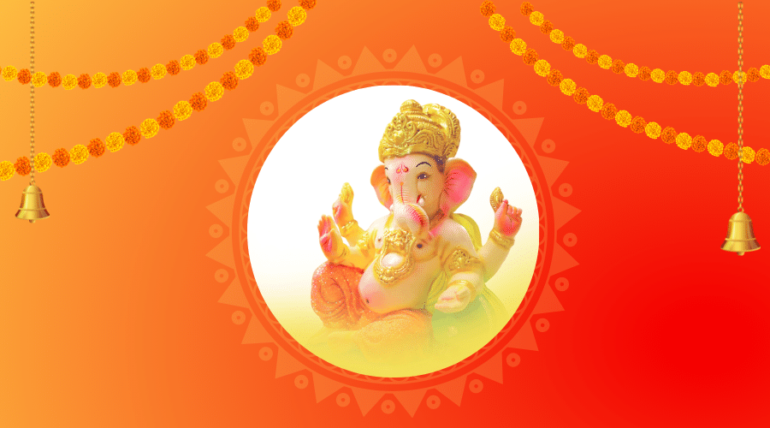Children enjoy playing with masks. The more grotesque the mask, the greater is the thrill. Their amusement springs from knowing that the masks are different from them. They are immune to the aberrations of the masks.
The word ‘personality’ comes from the Latin ‘persona’ which means mask. You are an amalgam of matter and Spirit. Body, mind and intellect are matter. That which breathes life into the inert matter is Spirit. The Spirit is the real You. The matter layers make the mask.
Ignorant of your true nature you wrongly attribute the limitations of the body, mind and intellect to yourself and suffer. Matter is susceptible to external influences. But you are the Spirit. Nothing in the world has the power to affect you. Yet today you are weak and powerless, totally at the mercy of the environment.
The Gita exhorts you to awaken to your own glory. The mask of body, mind and intellect is provided only for you to enjoy the playground of the world. Instead it has become the source of stress and distress, anguish and agony.
One who understands the difference between matter and Spirit is empowered, happy and unaffected by the fluctuations in the world. Krsna epitomises this state. With the mask he was endearing, charming, charismatic. Everyone adored him. Even the gopis, exasperated by his mischief, forgot their anger when they saw his captivating smile. Divested of the mask He was awesome, worshipful.
Understand the distinction between the mask and the real YOU. Then the distortions in the body, mind and intellect will only entertain you. You will not agonise over them. Your interface with the world will be perfect, evoking laurels and accolades. By yourself you will be a repository of grace, happiness and power. And when the time comes the Spirit will summon you to discard the mask.
Chapter 13 begins with Arjuna asking Krsna, “What is the difference between matter and Spirit, field and Knower of the field, knowledge and That which is to be known?”
Krsna’s brilliant exposition delineates the two so systematically that this chapter stands out in its clarity and subtlety. He gives the analogy of the field and says – The body is the ksetra, field. Know Me as the ksetrajna, Knower-of-field in all fields. He divides the field, matter, into thirty-one segments. The Spirit is different from them.
Verses 8 to 12 describe knowledge as the twenty qualities of a jnani, person of knowledge. He says – This is knowledge. All else is ignorance. While Spirit is one, matter undergoes changes and is born in good or bad homes according to the gunas or qualities.
Spirit expresses Itself differently in different types of people. In the wrong-doer It is a mere witness. As one purifies oneself Spirit becomes approver. Then It takes the role of protector and fulfils one’s endeavours when one becomes more unselfish. Further It enables one to enjoy the world and wield power. In the end when one removes all obstacles Spirit reveals Itself as the supreme Self. Krsna assures us that one who knows Purusa and prakrti as well as the qualities is not born again, whatever be his lifestyle. He becomes Spirit.
One gains moksa liberation by divesting one’s desires through action. Subtler desires are sublimated through knowledge and the last traces overcome by meditation. The ignorant ones incapable of this path can still evolve and go beyond death by surrender to the wise. One who sees the one unifying Force in the variety of things and beings becomes Spirit.
The Spirit neither acts nor is tainted by actions. It remains untouched like space and lights up all of creation just as the sun illumines the world. Develop the jnana caksu, eye-of-wisdom, and you will perceive clearly the difference between Spirit and matter and go to the supreme Self.




